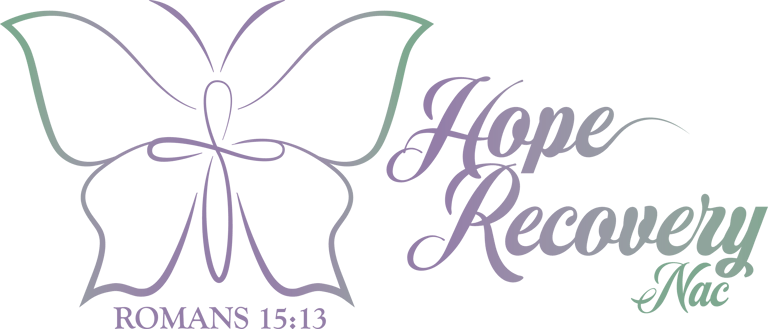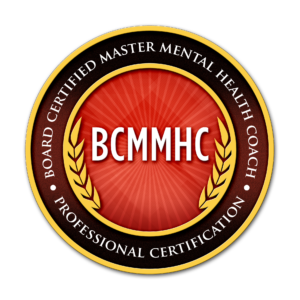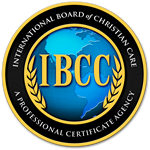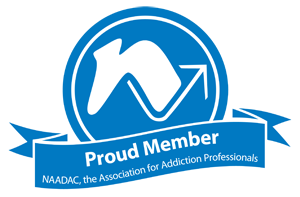Recovering Hope: Overcoming Childhood Abuse with Parenting Skills and Faith
4/16/20243 min read


Breaking the cycle of childhood abuse is a profound journey that requires immense courage, resilience, and support. Parenting skills and faith can indeed be powerful tools in this process, offering guidance, strength, and hope along the way.
Developing parenting skills is crucial for breaking the cycle of abuse. Learning healthy communication techniques, positive discipline methods, and understanding child development can empower survivors to create nurturing environments for their own children. This often involves unlearning the harmful patterns of behavior that were ingrained during their own childhoods and replacing them with compassionate and effective parenting strategies.
Here are some practical steps to help individuals overcome childhood abuse and develop positive parenting skills:
1. Seek Professional Help:
Therapy can be a crucial step in healing from childhood abuse. A qualified therapist can provide a safe space to explore past traumas, process emotions, and learn coping strategies. Cognitive-behavioral therapy (CBT), dialectical behavior therapy (DBT), and eye movement desensitization and reprocessing (EMDR) are among the evidence-based therapeutic approaches that can be particularly effective in treating trauma.
2. Educate Yourself:
Understanding the effects of childhood abuse and learning about healthy parenting practices are essential. There are many resources available, including books, online courses, and support groups, that can provide valuable insights and guidance.
3. Practice Self-Compassion:
Healing from childhood abuse is a journey that requires self-compassion. It's important to recognize that the effects of abuse are not the individual's fault and to treat oneself with kindness and understanding along the way.
4. Establish Healthy Boundaries:
Learning to set and enforce boundaries is crucial for breaking the cycle of abuse. This includes boundaries with both oneself and others. Healthy boundaries help protect individuals from being retraumatized and foster a sense of safety and autonomy.
5. Cultivate Forgiveness:
Forgiveness is a powerful tool in the healing process. While it may not erase the pain of past abuse, choosing to forgive can release the grip of resentment and allow individuals to move forward with greater freedom and peace.
Additionally, faith can play a significant role in healing from childhood abuse. For many survivors, faith provides a source of comfort, strength, and guidance. It can offer a sense of purpose, belonging, and forgiveness, helping individuals to make sense of their experiences and find hope for the future. Faith communities can also provide valuable support networks where survivors can connect with others who share similar experiences and receive encouragement and understanding.
Incorporating Faith:
1. Draw on Spiritual Practices:
Prayer, meditation, scripture reading, as well as finding a supportive church home, can provide solace and guidance. These practices can help individuals connect with God and find meaning in their experiences.
2. Lean on Supportive Communities:
Faith communities can offer valuable support and encouragement. Connecting with others who share similar beliefs can provide a sense of belonging and solidarity on the path to healing.
3. Embrace Forgiveness:
Faith traditions often emphasize the importance of forgiveness. Drawing on spiritual teachings, individuals can find inspiration and strength to extend forgiveness to themselves and others, facilitating the healing process.
4. Live Out Values of Love and Compassion:
Faith teaches values such as love, compassion, and empathy. By embodying these principles in their parenting and relationships, individuals can create a nurturing environment that fosters emotional well-being and resilience in their children.
Combining parenting skills with faith can create a powerful synergy for breaking the cycle of abuse. By drawing on both practical knowledge and spiritual resources, survivors can cultivate healthy relationships with their children based on love, respect, and empathy. They can also find the strength to overcome the challenges and triggers that may arise along the way, knowing that they are not alone in their journey.
Ultimately, breaking the cycle of childhood abuse with parenting skills and faith is about restoring hope – hope for healing, hope for change, and hope for a brighter future. It's about breaking free from the chains of the past and creating a new legacy of love, compassion, and resilience for generations to come.
